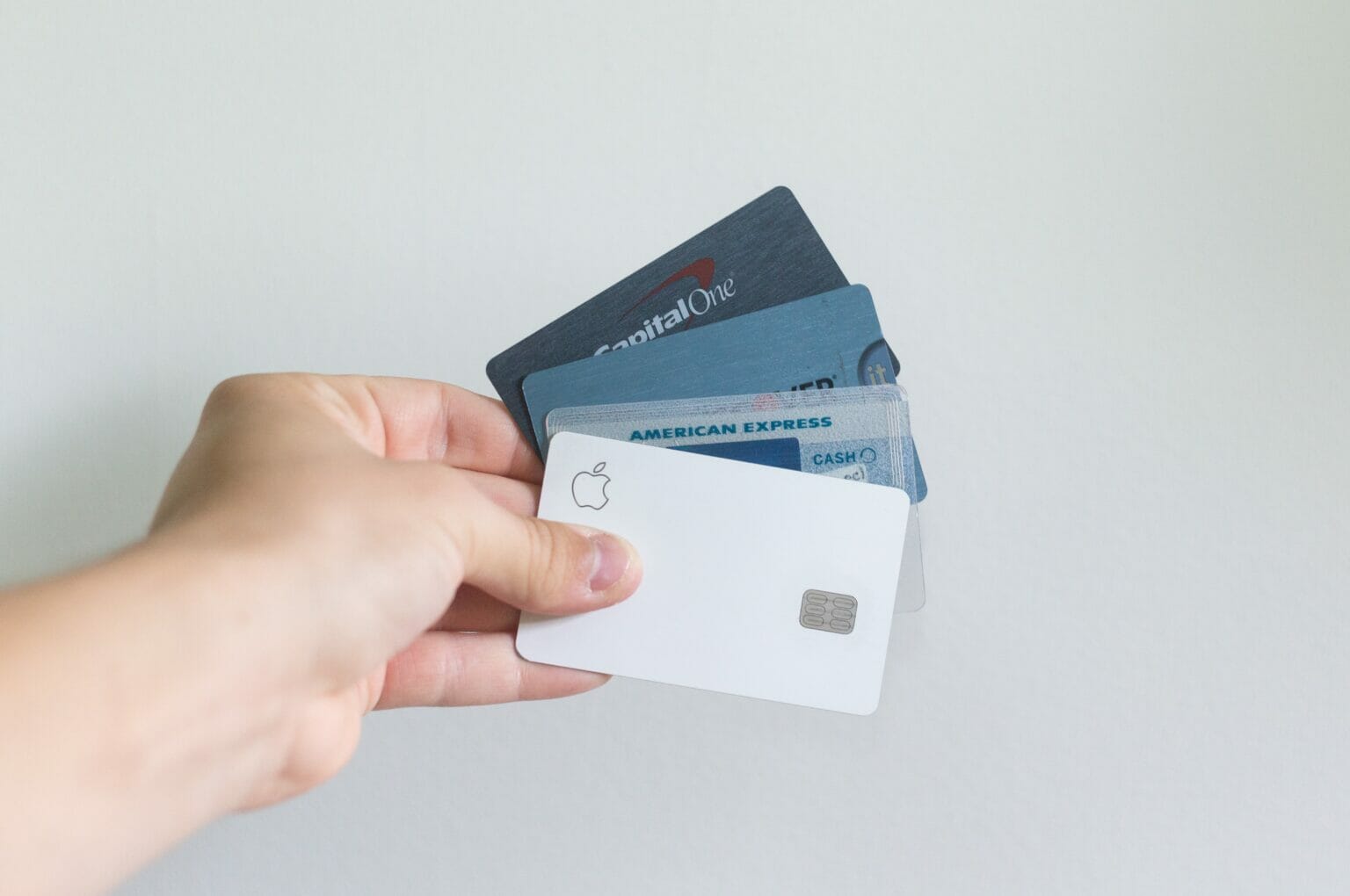The total amount of credit card debt held by Americans has now surpassed $1 trillion, marking a new all-time high.
According to the Centre for Microeconomic Data at the Federal Reserve Bank of New York, U.S. consumers’ total credit card debt reached a new high of $1.03 trillion in the second quarter of 2023, the highest debt ever. The Fed released its Quarterly Report on Household Debt and Credit, which keeps track of various U.S. household debt, such as mortgage balances, credit card debt, auto loan amounts, and consumer loans.
According to the study, between Q1 and Q2 of 2023, U.S. credit card debt grew by $45 billion, reaching a new high of $986 billion. There are now 578.35 million credit card accounts in the U.S., which is 5.48 million more than before.
This amount of debt is a significant change from just a few years ago when consumer safeguards and changes in how people spent money during the pandemic caused average credit card balances to drop significantly.

“Balances are up 34% from the pandemic low of $770 billion in Q1 2021,” says Ted Rossman, a Senior Industry Analyst at Bankrate. “Bankrate recently found that 47% of credit card holders carry debt from month to month, up from 39% in 2021.” Even worse, 60% of Americans with credit card debt have had it for at least a year, ten percentage points more than they had two years ago.
Even though record-high credit card debt sounds scary, Rossman points out that the new $1.03 trillion number doesn’t mean all buyers are in trouble.
“Just over half of cardholders avoid interest by paying their balances in full every month. This means that rewards and buyer protections are working for them,” says Rossman. “Rising credit card amounts are also good for the economy because about 70% of economic growth is driven by consumer spending. Credit card amounts are also increasing, partly because the number of people is growing and partly because people are using cash less and less.
What to do if you are in debt on your credit cards
If your credit card debt is hurting your finances, there are a few things you can do to ease the stress and get back on track to good financial health.
Rossman says the best way to pay down credit card debt is to get a credit card with a 0% balance transfer fee. Even though there are credit transfer fees, these cards can let you pay off your debt interest-free for nine to twenty-one months, saving you a lot of money on interest.
Other ways to pay off debt, like the debt snowball and the debt landslide, also give you a clear step-by-step plan for paying off your debt.
Consumer credit card debt may increase, but consumers’ strong spending and good credit card repayment habits suggest that this may be a regular part of our growing economy.
Pay off your credit card debt in full at the end of each billing cycle to keep it from becoming a financial burden.
